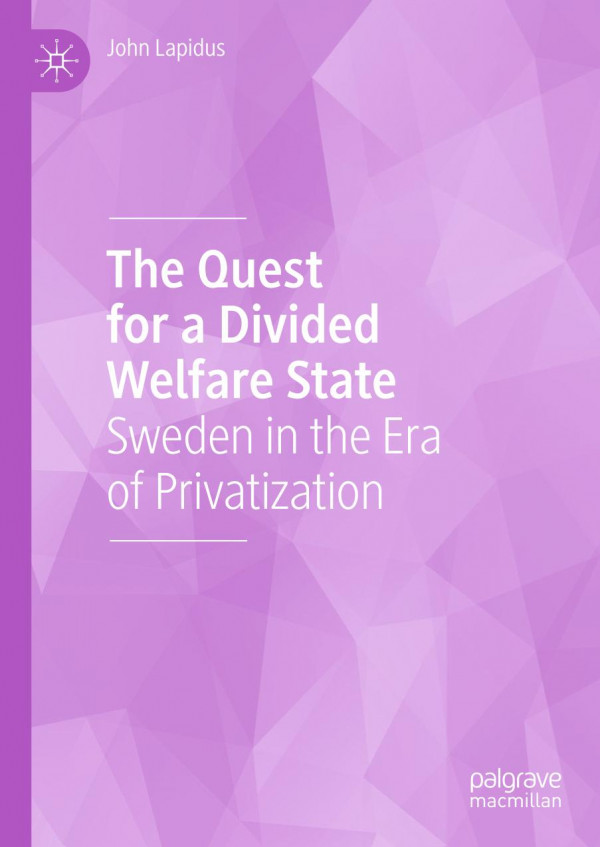

Most ebook files are in PDF format, so you can easily read them using various software such as Foxit Reader or directly on the Google Chrome browser.
Some ebook files are released by publishers in other formats such as .awz, .mobi, .epub, .fb2, etc. You may need to install specific software to read these formats on mobile/PC, such as Calibre.
Please read the tutorial at this link: https://ebookbell.com/faq
We offer FREE conversion to the popular formats you request; however, this may take some time. Therefore, right after payment, please email us, and we will try to provide the service as quickly as possible.
For some exceptional file formats or broken links (if any), please refrain from opening any disputes. Instead, email us first, and we will try to assist within a maximum of 6 hours.
EbookBell Team

0.0
0 reviewsThis book deals with the quest for a divided welfare state in Sweden. The prime example is the rapid rise of private health insurance, which now constitutes a parallel system characterized by state subsidies for some and not for others. This functions as a kind of reverse means-testing, whereby primarily the upper classes get state support for new types of welfare consumption. Innovatively, Lapidus explains how such a parallel system requires not only direct and statutory state support but also indirect support, for example, from infrastructure built for the public health system. He goes on to examine how semi-private welfare funding is dependent on private provision and how the so-called 'hidden welfare state' gradually erodes the visible and former universal welfare state model, in direct contrast to its own stated goals.
Who benefits from privatized welfare? How are the privatization of delivery and the privatization of funding linked? How does this impact public willingness to pay tax? All of these questions and more are discussed in this accessible volume.